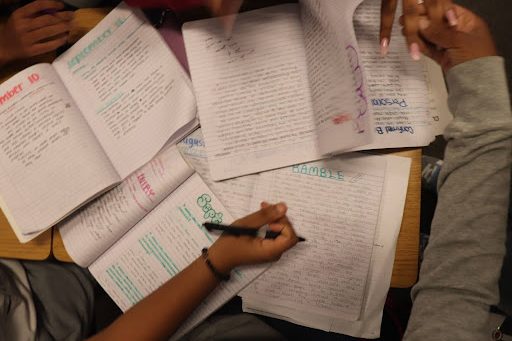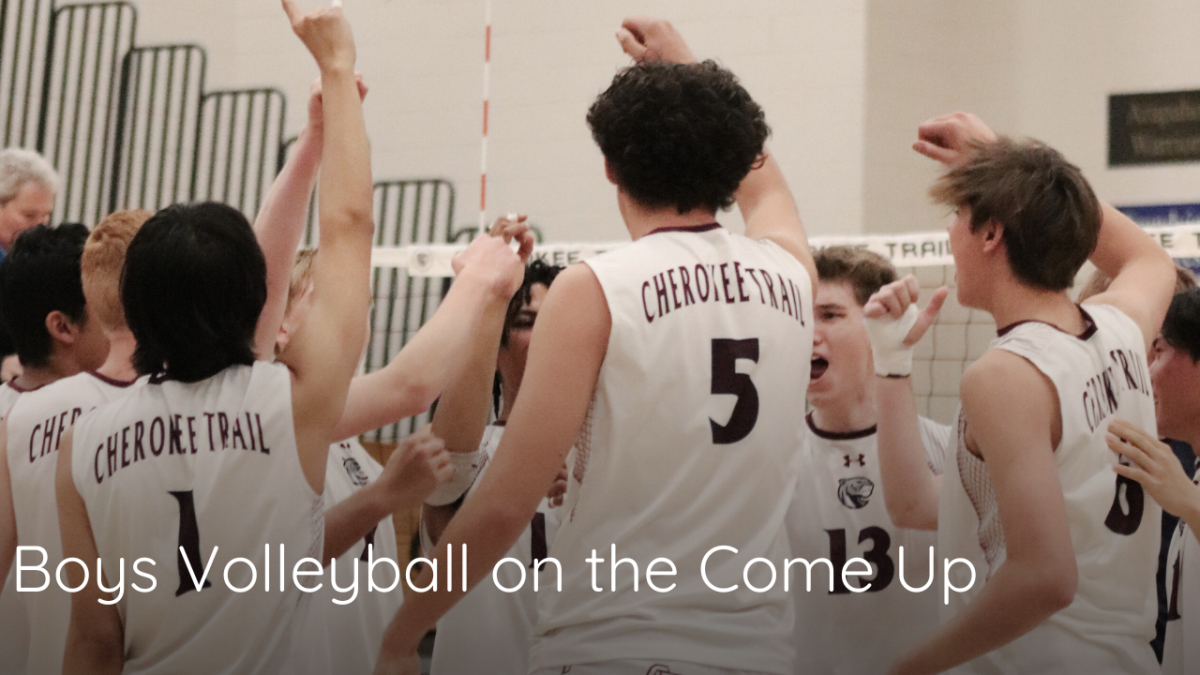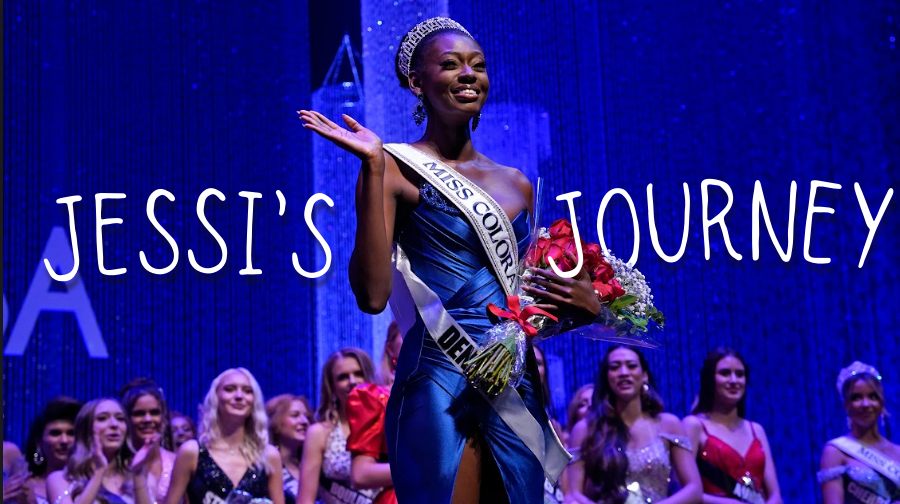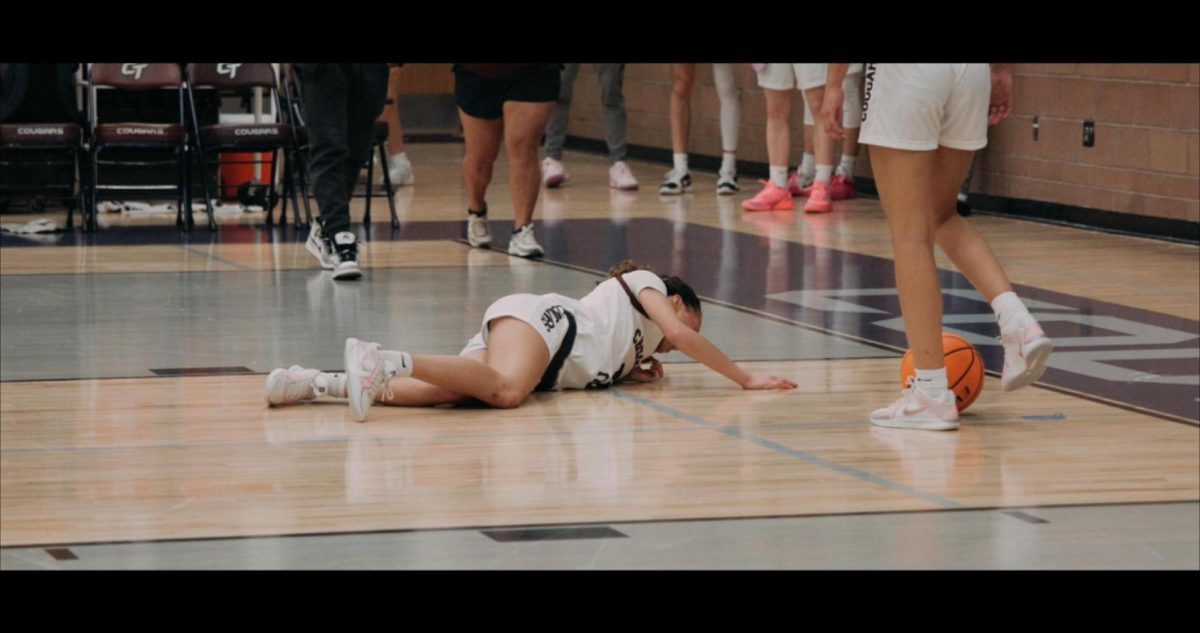What will your life look like after high school? The big question many people ask students as they continue on to their young adult life. High school is meant to prepare students for the future. For some, it prepares them for higher education (college), and for others, it prepares them for the real world. Many students give themselves a head start by taking honors classes, AP (Advanced Placement) classes, or joining the International Baccalaureate (IB) program. The IB program is not only an academic advantage for college, but a community that builds on the complexity of world issues. An example of that is, Theory of Knowledge (TOK), a required class for IB students.
TOK is a class that is taken within the span of the IB program; students take half a semester in their junior year and finish the second half during their senior year. The class isn’t necessarily a hard class, but more of a theoretical and philosophical one. It requires students to think beyond their own opinions and deeply understand the complexity of world issues.
Mr. Wills-Keely, one of two TOK teachers, elaborates on what TOK does for students. “Constantly thinking, constantly trying to look at other perspectives. Getting kids to understand, not necessarily what you know, but how you know it.”
TOK makes students think about different perspectives from their own. It’s meant to open up their minds to different opinions on world issues. An example of this was shown during Wills-Keely’s 4B TOK class. The conversation included controversial ideas such as fascism, liberty, and privilege. These big ideas bounced around the room as each person added their own input. The class sparks conversation through a less formal classroom environment. Students take turns sharing their ideas aloud, rather than raising their hands to share. The informality of language is used to expand their knowledge.
Along with this, TOK is meant to be a community where students can express their ideas. IB in general creates a community within its program, and TOK has made the people feel closer than ever. Tasher Druck shares his feelings of support, being in TOK. “I would say, it’s become kind of a place where I know that I’m welcomed or that people kind of support each other. And it feels much more inclusive or together.”
You’re meant to learn concepts and topics in school, and TOK teaches students much more beyond that. TOK digs deeper into social issues, political activism, personal liberty, and people’s sense of belonging. Learning these things along with fellow classmates allows students to dive deeper into personal values and interpretations of complex issues.
Understanding the big problems in society is crucial in life. TOK is meant to make you question our world. Wills-Keely explains this topic, furthermore, by saying, “I think an incredibly important piece you learn is where this information is coming from? Is that person credible? The last unit that we looked at is looking at experts. And can you trust an expert? And what makes one person’s information more credible than others?”
Being critical and analytical is pivotal to living in today’s world. As students grow up and become young adults, many will face issues in their own lives. The IB program itself prepares students for the future, but many view TOK as the most essential class for their preparation. Being in TOK not only means understanding the theory of knowledge, but also becoming a critical and analytical thinker for life.







